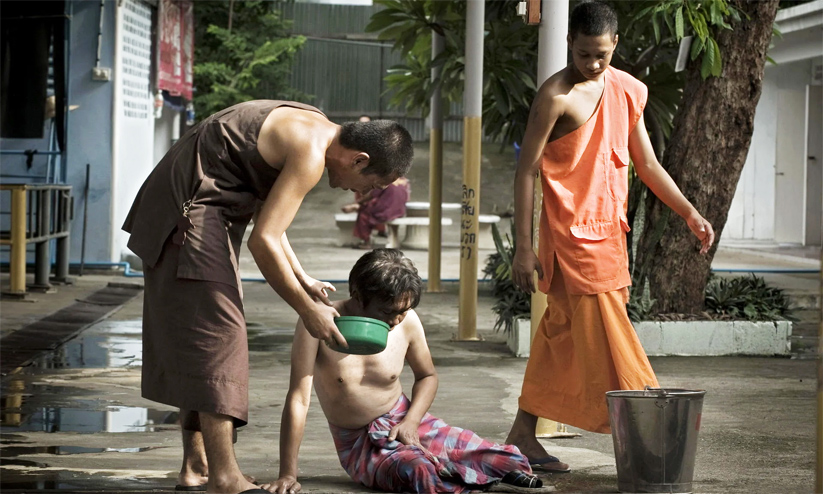New York (Union)
The UAE said diplomacy is the only way to end the Syrian crisis, calling for stepping up efforts at various levels to support a peaceful solution and underlining the need to adhere to dialogue and good neighborly principles and refuse foreign interference in Syrian affairs in order to preserve the country’s sovereignty, unity and territorial integrity.
Muhammad Abu Shehab, the country’s deputy permanent representative to the United Nations, said yesterday during a session of the Security Council, regarding the political and humanitarian situation in Syria, that the Syrian crisis has become more complex and complex in recent years including refugees, displaced persons, foreign interventions, terrorism and economic collapse, indicating that this year has added more disturbing developments, especially at the geopolitical level.
He underlined the importance of prioritizing the needs of the Syrian people, emphasizing the importance of the people’s interest above all considerations, especially with the upcoming renewal of the mechanism for delivering humanitarian aid across borders to Syria, which should not be politicized given its humanitarian nature.
As for the political dossier, Ambassador Muhammad Abu Shihab stressed the need to adhere to dialogue and good neighborly principles, and the need to de-escalate the entire region. He said, “We reaffirm our stance that rejects foreign interference in Syrian affairs and demand that they stop to preserve Syria’s sovereignty, unity and territorial integrity.”
He added: “It is unfortunate that the deadlock continues in the political dossier, which requires the intensification of diplomatic efforts at various levels to support a peaceful solution, which remains the only way to end the Syrian crisis.”
Ambassador Muhammad Abu Shihab confirmed that the way out of the state of paralysis that has afflicted the Constitutional Committee in the previous months will be the resumption of its meetings, expressing the state’s appreciation for the commitment of the Special Envoy of Nations Unite, Geir Derson.
Abu Shihab said, “We reaffirm that this committee is currently the only platform for conducting a constructive national dialogue among Syrians, under Syrian leadership and ownership, without outside interference and deviating from geopolitical complexities, with the aim of advancing the constitutional path, and this should not only include logistical issues, but rather include a clear timetable and an agreed plan for next steps.
In the humanitarian file, he stressed the importance of early recovery projects that help build Syrian societies and restore their infrastructure, including providing many Syrians with electricity, which in turn provides access to other basic services.
He added: “158 projects out of 374 early recovery projects included in the Humanitarian Response Plan have helped provide electricity to homes, hospitals and schools, as well as supporting some of them towards renewable energy sources.”
In light of the alarming spread of cholera in Syria, Ambassador Abu Shihab said, “We express our appreciation to the United Nations Office for the Coordination of Humanitarian Affairs for their tireless efforts in responding urgently to this problem, especially in the last period, and this includes the extension of the cholera response plan for a period of 6 months in light of the continuing enormous needs.” in all Syrian governorates.
And he stressed the importance of delivering humanitarian aid to all regions of Syria while bringing the number of convoys crossing borders and those crossing lines closer together, more humanitarian aid than previous convoys.
He also stressed that the camps are seeing increased levels of violence, especially in the “Al-Hol camp” in the north-east of the country, calling for international efforts to be redoubled to ensure the protection of thousands of women and children in the fields.
Concluding his speech before the Security Council, Ambassador Muhammad Abu Shihab underlined the urgent need to end the Syrian crisis and its worsening humanitarian repercussions, which requires breaking the current deadlock in the political path, so as to support security and stability in Syria and the region.


